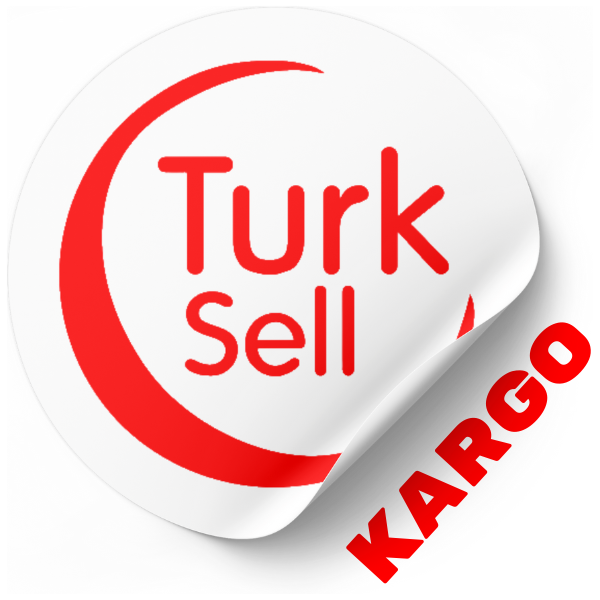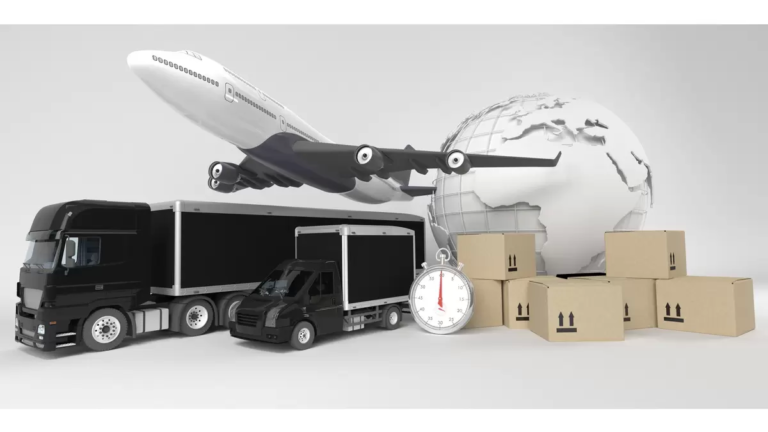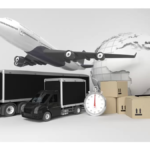Delivery of combined cargo from Turkey to Russia
, будь то морским, воздушным или наземным транспортом, требует внимания к ряду особенностей. Вот некоторые из них:
Customs regulations and documents:
- Customs declarations: It is necessary to properly issue customs declarations for the import of goods to Russia.
- Documents: You will need commercial invoices, invoices, waybills, and other transportation-related documents.
Tariffs and duties:
- Import duties and taxes: Russia levies taxes on imported goods. Different products may have different bids.
- VAT RATE: Value Added tax (VAT) applies to most goods and services.
Packaging and labeling:
- Packaging: Goods must be properly packed to prevent damage during transport.
- Marking: Some products may have specific labeling requirements, especially food and medical products.
Logistics and Transport:
- Sea transportation: Many goods are transported by sea. It is important to choose a reliable carrier and determine the best route.
- Air transportation: For urgent cargo, air transportation is a fast option, but can be more expensive.
- Ground transportation: If the cargo is to be delivered within Russia, choosing the right transport company and route plays a key role.
Cultural and Linguistic Features:
- Cultural differences: It is important to take into account the cultural characteristics of business and communication, especially when negotiating and signing contracts.
- Russian language: Knowing Russian or using professional translators can make communication much easier.
Keep an eye out for Changes in Legislation:
Customs control and import laws and regulations are subject to change. It is important to keep track of updates in the legislation of both countries and adapt your business processes in accordance with them.
Contact professionals in the field of logistics and customs clearance, to make sure that your cargo will be delivered correctly from Turkey to Russia, in compliance with all necessary laws and requirements.








